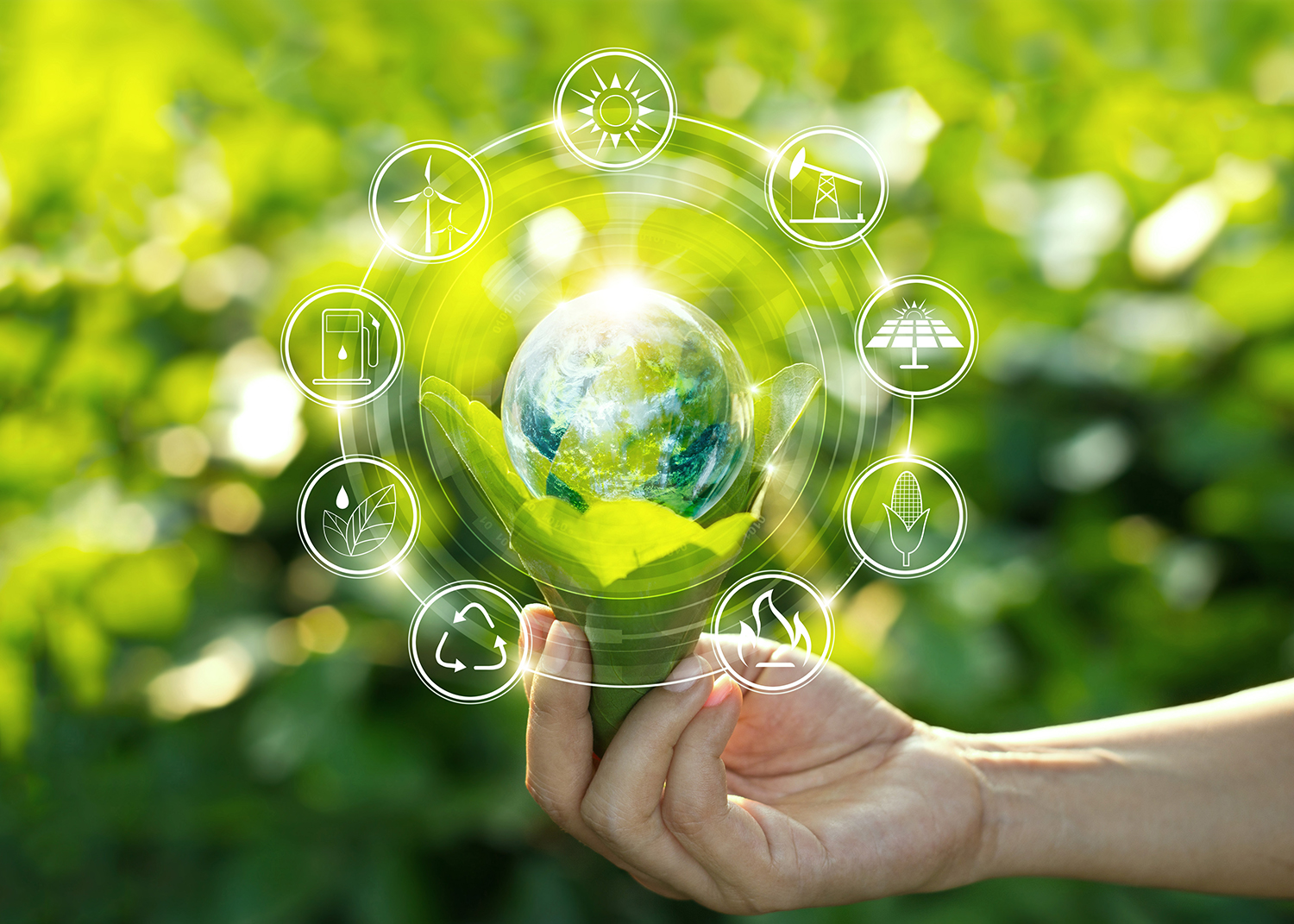Ecuador and Uruguay are emerging as key players in Latin America’s bioeconomy transition. The white paper outlines opportunities, challenges, and strategic recommendations to foster investment, strengthen policies, and enhance regional cooperation in the bioeconomy sector.
Key Takeaways from the White Paper
The report highlights:
✅ Ecuador’s strong potential in biorefineries and agricultural waste valorisation
✅ Uruguay’s significant growth in renewable energy and sustainable packaging solutions
✅ Challenges including regulatory barriers, funding gaps, and the need for technical expertise
✅ Strategic actions to boost research, investment, and multi-sector collaboration
Based on two expert-led stakeholder workshops, the report includes a detailed analysis, providing insights into each country’s strengths, weaknesses, opportunities, and threats (SWOT analysis).
ISC3’s Contribution to Sustainable Bioeconomy
Bioeconomy is relevant for Sustainable Chemistry because it promotes the use of renewable biological resources and eco-friendly processes, reducing dependence on fossil-based chemicals and minimising environmental impact. Therefore, besides hosting innovation challenges on waste prevention, valorisation & management (2022), providing international expert workshops and trainings (2023), ISC3 co-organised a week-long study tour on “Sustainable Bioeconomy and Regional Development” (2024).
The study tour was an initiative under the Strategic Alliance UN ECLAC / BMZ-GIZ and was organized by ECLAC and GIZ as a collaborative effort with ISC3, the BMZ/GIZ BioValor Programme in Ecuador, and with the support of the Nova-Institut GmbH. The delegation from Uruguay, Ecuador and Colombia visited three leading bioeconomy regions in Germany, where the delegates could learn and discuss tools, best practices and challenges for regional bioeconomy development:
🔹 Frankfurt/Main – Engaged in dialogues with DECHEMA, CLIB Cluster, and BioBall Cluster
🔹 Rhine Region – Examined the BioökonomieREVIER initiative and EU Bio2Reg
🔹 Central Germany – Explored the Bioeconomy Hub and Leuna Industrial Park, including its advanced biorefineries
During these visits, ISC3 and its partners also held discussions with representatives of the German Federal Ministries BMWK and BMZ, as well as the regional government of Saxony-Anhalt, to gain insights into national and regional policy frameworks for bioeconomy growth.
The Role of ISC3 in Advancing Sustainable Bioeconomy
Sustainable Chemistry plays a crucial role in enabling a circular and sustainable bioeconomy. ISC3 has successfully collaborated with GIZ and UN ECLAC, supporting efforts to integrate sustainable bioeconomy principles into national and regional policies.
Through ongoing engagement worldwide, ISC3 aims to promote Sustainable Chemistry as a driver of innovation - creating new business opportunities, investment potential, and stronger international networks.


